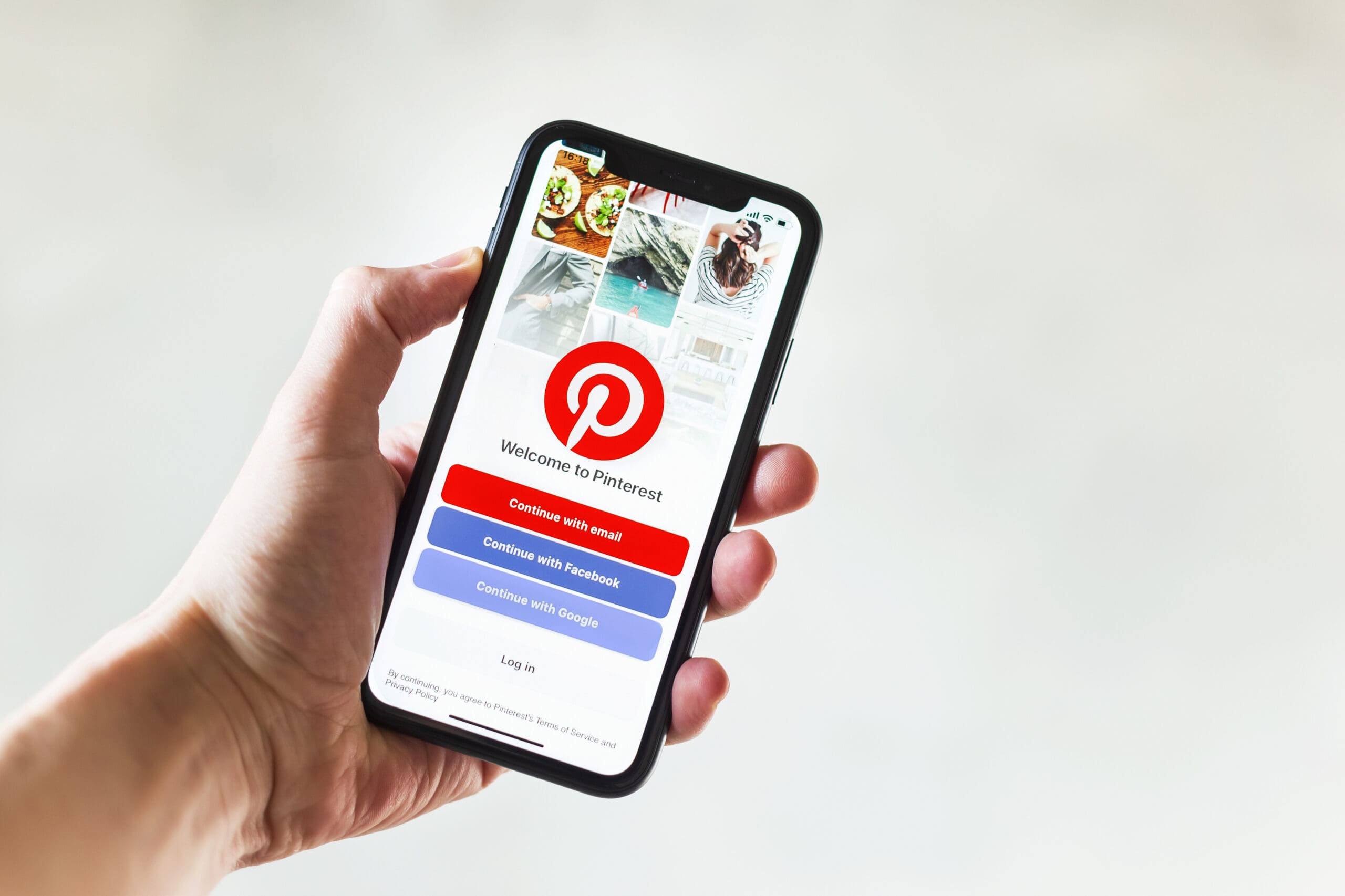Invoice factoring provides business owners an alternative way to access working capital without having to rely on traditional means of financing such as credit cards or business loans.
There are a number of considerations to keep in mind when determining whether or not invoice factoring is right for your business.
What is invoice factoring?
Invoice factoring can provide businesses with an influx of cash while they wait for invoice payments from customers and clients. Invoice factoring allows business owners to sell invoices at a discount to a factoring company for cash. In most cases, the factoring company will get paid within 30 to 90 days. Invoice factoring is not a loan, but can certainly improve cash flow. For example, if you’re a contractor that needs to complete a $10,000 invoice project, you could sell the invoice in order to have enough cash to complete the project before payment from the customer is received.
How does invoice factoring work?
Invoice factoring allows business owners to sell their invoices (at a discount) to an invoice factoring company who will then receive the payments from customers as they come in. Selling your company’s invoices in bulk results in a lump sum of cash that can be used to cover your business operations and other expenses. On the downside, you’ll no longer have the right to collect on your invoices and may bring in less money as a result. Your invoices are surrendered to the financing company, not used as collateral. However, if you took out a loan you’d likely need to pay interest and fees so no matter which way you go, “borrowing” money is never free.
What type of businesses use invoice factoring?
Invoice factoring can be a convenient and efficient way of improving cash flow for businesses of all sizes.
Invoice factoring is best for businesses who deal primarily with other companies, and often have to wait for invoice payments from those companies to arrive. Receiving invoice payments from other businesses is different from receiving payments directly from customers. B2B transactions often result in the use of 30, 60, or 90 day invoices while customers typically pay upfront.
Companies who have trouble qualifying for traditional forms of financing can especially benefit from using alternative methods like invoice factoring that are easier to obtain.
How invoice factoring benefits businesses
Invoice factoring has a number of potential benefits to businesses in all stages of their growth and development.
- Fast access to cash: Invoice factoring helps improve your company’s access to cash versus waiting for payments from other businesses and clients to come in. It’s also a much faster method of obtaining working capital than waiting for approval for a traditional bank loan.
- Improving cash flow: Using invoice factoring can result in having access to large sums of cash up front without having to take out a loan. For businesses that need to fulfill orders or complete projects, invoice factoring allows them to access the funds they need to complete work.
- Easy qualifications: Invoice factoring is typically an easier process than using traditional means of financing such as bank loans. While your clients may need to meet certain qualifications in order to ensure that the invoice factoring company is satisfied, your requirements are minimal.
- Offers flexible financing: One good thing about invoice factoring is that it’s there when you need it. There is no long-term commitment, no need to put up collateral or a down payment, and little to no risk involved.
- Convenience: Another benefit of invoice factoring is that it takes away the hassle of having to constantly follow up with your clients and manage the collection of payments. Instead, your invoice factoring company will handle all of this for you. Of course, you sold them the invoices at a discount so there’s reward involved for them.
Pros and cons of invoice factoring
There are a few advantages and disadvantages to consider when evaluating whether or not invoice factoring is right for you. Pros and cons can vary depending on your specific situation. Here are some pros and cons of invoice factoring.
Pros:
- Fast access to cash
- Improve cash flow
- No collateral required
- Flexible and convenient
- Provides the funds you need to complete projects or orders
Cons:
- Hefty fees may be acquired (depending on the factoring company)
- No guarantee that the factoring company will successfully collect on invoices
- You may have to buy back or replace any unpaid invoices
- Loss of revenue (since you have to sell the invoice at a discount)
What is the cost of factoring invoices?
The total cost of using invoice factoring services for your business will vary from company to company.
Generally, business owners can expect to encounter a variety of fees in the process of factoring invoices including application fees, processing fees, credit check fees, and late fees. In addition, the basic cost of doing business, known as the factoring fee, can run from 1% to 5%, depending on the invoice amount, the creditworthiness of your clients, your company’s sales volume, and other factors.
Invoice factoring vs. invoice financing
Invoice factoring and invoice financing are both reliable and convenient ways to convert your business’s unpaid purchase invoices into cash. However, there are some significant differences between the two.
Invoice factoring takes the bulk of the responsibility off the business owner, as the invoice factoring company then handles the collection of the invoice management and payment. When you work with an invoice factoring company, your invoices are surrendered in bulk in exchange for a lump sum of cash.
On the other hand, companies who use invoice financing retain the responsibility of payment collection from their clients and are granted cash upfront in exchange for the promise of repayment. The invoices are used by the financing company as collateral to help ensure the repayment of the cash advance.
Tips for qualifying for invoice factoring
Whether or not you will qualify for invoice factoring depends on a few key considerations. Invoice factoring companies may take a look at various aspects of your business including your sales volume.
The advantage of using invoice financing is that your approval is not dependent upon your personal or business credit history, but rather the credit history of your clients and customers. This means that even new businesses, struggling businesses, and businesses that have exhausted other means of financing such as credit cards and loans can still qualify.
Is invoice factoring right for your business?
The question of which type of financing is best for your business will depend on a few considerations. Do you prefer to be hands-off when it comes to payment collection, or do you wish to remain in control? Do you qualify for invoice factoring? Are the fees manageable for your business?
Invoice factoring is a good option for many businesses. Any company that has their cash tied up in unpaid invoices can benefit from improving their cash flow with invoice factoring or invoice financing.
For product-based businesses there may be better financing options available.
How Kickfurther can help
While invoice factoring may work for service-based businesses, product-based businesses may be better suited with other methods of funding. One solution for product-based businesses that need funds to stock inventory and fulfill orders is Kickfurther. Kickfurther is the world’s first online inventory funding platform that enables companies to access funds that they are unable to acquire through traditional sources. For companies that sell physical products or non-perishable consumables and have revenue between $150k to $15mm over the last 12 months, Kickfurther can help. We connect brands to a community of backers who help fund inventory on consignment and give brands flexibility to pay that back as they receive cash from sales.
Kickfurther can help startups fund millions of dollars of inventory at costs up to 30% lower than the competition. With more than $100 million in inventory funded to date, Kickfurther can help you get funded within a day or even minutes to hours.
Closing thoughts
While businesses can generate healthy profits, cash flow is always a challenge. Most businesses need to use one or more methods to improve cash flow. Whether you use invoice factoring, a business loan, a line of credit, or inventory funding – or perhaps some combination of these choices or others, if managed properly funding can help grow your business.
Interested in getting funded at Kickfurther? Here are 3 easy steps:
#1. Create a free business account
#2. Complete the online application
#3. Review a potential deal with one of our account reps
#4. Get funded in as little as minutes









